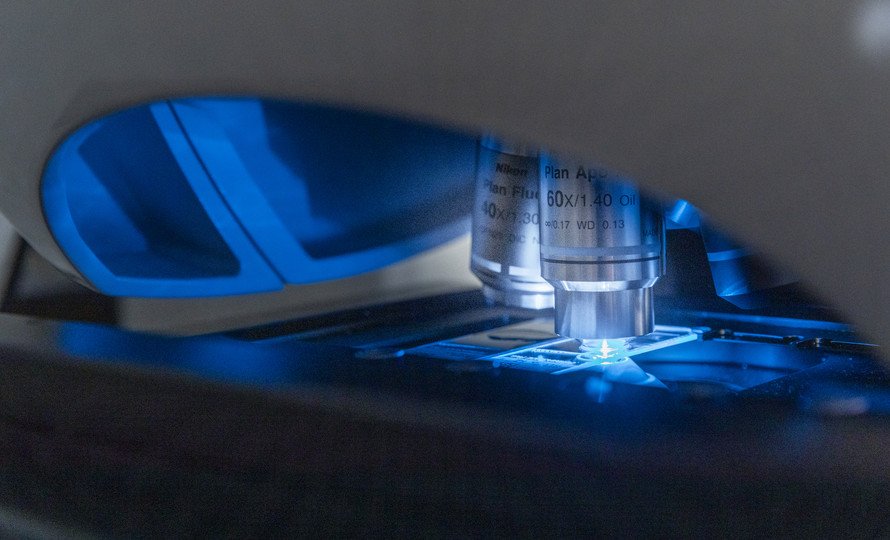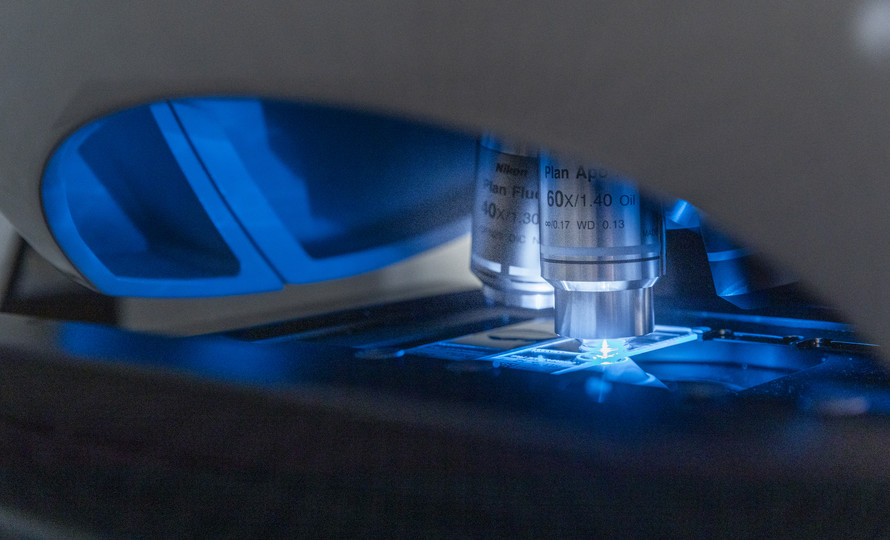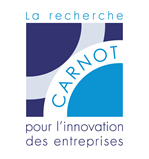More than €140 million raised in 2021by Institut CURIE START-UPS (Carnot Institute)


In 2021, Institut Curie start-ups raised 140.6 million euros. This impressive amount reaffirms Institut Curie's unique position as a key player in French innovation, driven by one ambition: to transform research into concrete applications for patients.
In 2021, seven Institut Curie spin-off companies raised a total of €140.6 million[1]. These include Egle Therapeutics, which raised €40 million to develop "First-In-Class" immunotherapies, and Mnemo Therapeutics, a biotech dedicated to advanced CAR-T therapies, which raised a record €75 million for a young company.
"These exceptional amounts highlight the excellence of the innovative projects developed by Institut Curie's teams, the relevance of our strategy and the support provided by our legal and development teams. If we include companies listed on the stock market, we have raised more than 235 million euros, an absolute record! Beyond the figures, these are very concrete means for our companies to develop their projects in the best possible conditions, hire staff and accelerate the transition from research to concrete applications for patients" said Amaury Martin, deputy director of headquarters and director of Carnot Curie Cancer Institute.
Fundraising, a crucial lever for company creation
The creation of a company involves several key steps: the definition of a value proposition that states how the company responds to a specific need, the definition of its business model, the constitution of the team, and the search for financing. This last step is essential because it provides the necessary means to accelerate the company's development, by giving credibility to the hypotheses and allowing the project to become a reality.
A distinction is made between non-dilutive financing - grants, loans, public subsidies - which generally occurs at the beginning of the company's life cycle, and dilutive financing - fundraising from investors (Business Angels[2] or Venture Capital Funds[3]) - which increases the company's equity, leading to a modification of the company's capital.
"Fundraising is a crucial step for the growth of a start-up, especially in the healthcare sector. It is what will allow the company to strengthen its project by supporting R&D, in particular to reach clinical phases more quickly, and ultimately to be able to market therapeutic solutions or innovative products for patients. Having recognized investors with expertise in the field and significant financial capacity at our side is an asset for the future development of our products. It's important to remember that bringing a new drug to market can be worth more than a billion dollars" explains Jérémie Weber, deputy director of the Institut Curie's Technology Transfer Office, head of the Start-up division.

